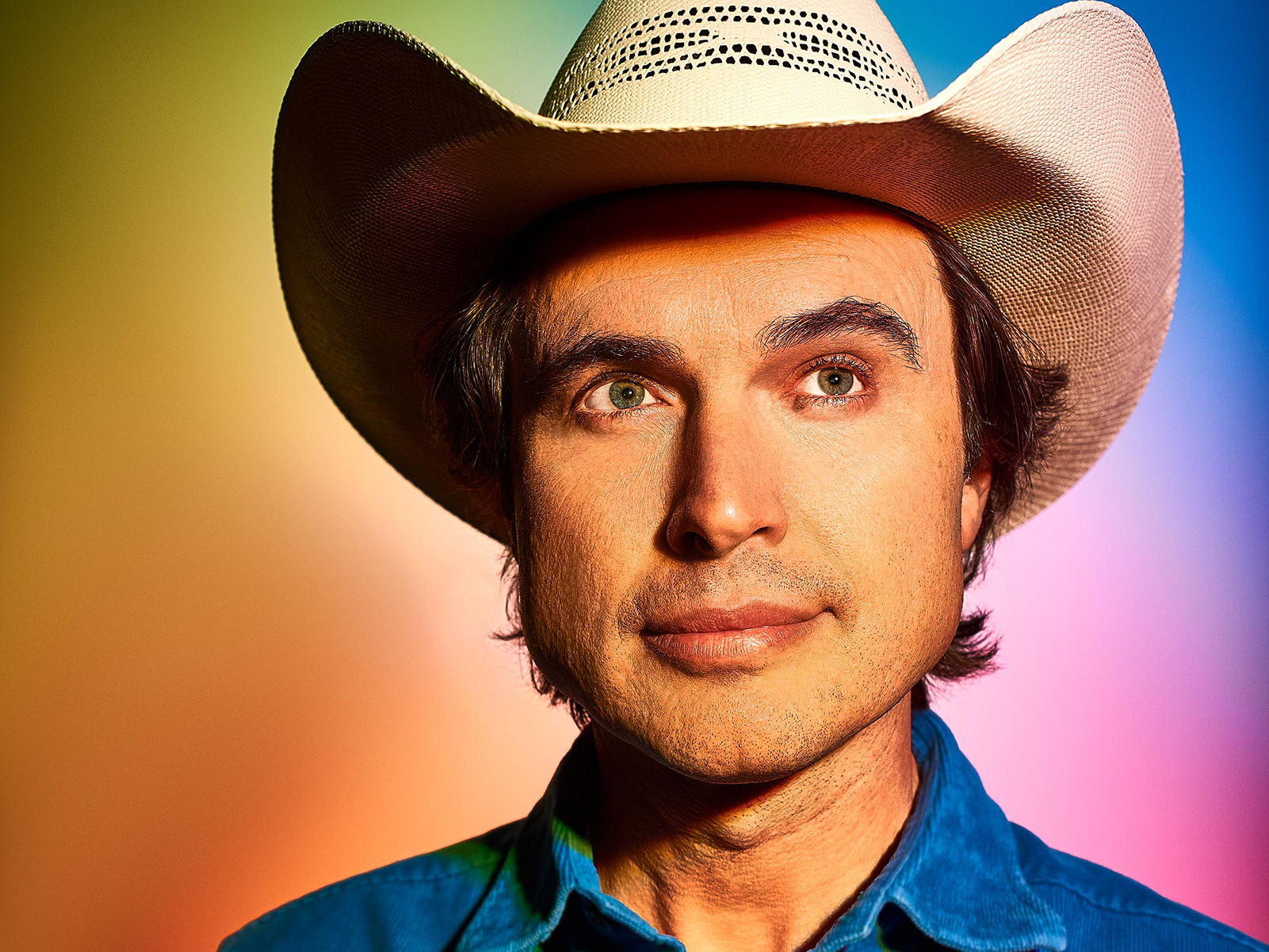Introduction: Unpacking Kimbal Musk's Financial Picture
When we think about prominent figures in the business world, particularly those connected to innovative technology and future-focused industries, the topic of their financial standing often comes up. It's a natural curiosity, to be honest, how someone builds significant wealth and what they choose to do with it. For someone like Kimbal Musk, whose work spans a few different areas, understanding his net worth gives us a clearer picture of his impact and his business choices, too.
People often wonder about the wealth of individuals who are part of well-known families, and Kimbal Musk is certainly no exception. His journey, while distinct from his brother's, involves a good deal of entrepreneurial spirit and a focus on areas like sustainable food systems. So, we're going to explore the various parts that make up his financial story, including his past successes and his current projects, you know.
This article aims to provide a comprehensive look at what contributes to Kimbal Musk's net worth, considering his investments, his businesses, and his overall financial approach. We'll examine the path he has taken to build his fortune, and sort of, what that means for his ongoing work in the food industry and beyond, essentially.
Table of Contents
- Kimbal Musk: A Brief Biography
- Early Ventures and Building Blocks of Wealth
- The Kitchen Restaurant Group and Food Revolution
- Big Green and Philanthropic Efforts
- Board Roles and Other Investments
- Sources of Wealth: A Closer Look
- Future Outlook and Impact
- Frequently Asked Questions About Kimbal Musk's Net Worth
Kimbal Musk: A Brief Biography
Kimbal Musk, born in Pretoria, South Africa, has carved out his own unique path in the business world, separate from his more famous sibling. His early life set the stage for a career focused on innovation and making a difference, particularly in areas he feels passionate about, you know. He moved to Canada and then the United States, pursuing education and, kind of, starting his entrepreneurial journey there.
His interests quickly moved towards combining business success with social good, especially in the food sector. This commitment to sustainable food has been a consistent theme throughout his professional life, really. It shows a different side to building wealth, one that prioritizes community and environmental impact, too.
From a young age, he showed a keen interest in business and, you know, how things work. This early curiosity likely fueled his drive to create and build. His family background, of course, exposed him to the world of entrepreneurship from an early point, basically.
He has always seemed to follow his own distinct vision, even when it might seem less conventional than other paths. This independent spirit has allowed him to explore different industries and, sort of, make his mark in a unique way, pretty much.
His personal journey includes a focus on health and well-being, which clearly influences his business choices in the food space. This holistic approach to life and work is, kind of, what makes his story interesting to many people, you know.
Personal Details and Bio Data
| Detail | Information |
|---|---|
| Full Name | Kimbal Reeve Musk |
| Date of Birth | September 20, 1972 |
| Place of Birth | Pretoria, South Africa |
| Nationality | South African, Canadian, American |
| Education | Queen's University, Canadian Imperial College of Commerce |
| Known For | Co-founder of Zip2, The Kitchen Restaurant Group, Big Green, SpaceX board member, Tesla board member |
Early Ventures and Building Blocks of Wealth
Before his focus shifted to food, Kimbal Musk was a key player in the early internet boom. He co-founded Zip2, a web software company, with his brother. This venture provided online city guides for newspapers, a pretty novel idea at the time, you know. It was one of those early internet businesses that really helped shape how we get information today, sort of like how Bing gives you a lot of snippets for quick answers, as a matter of fact.
Zip2 aimed to help media companies establish an online presence, which was a big deal in the late 1990s. The company offered maps, directions, and business directories, making it easier for people to find local information online, too. It was a pioneering effort in local search, essentially.
The sale of Zip2 to Compaq in 1999 for over $300 million was a significant moment. This event provided a substantial financial foundation for both brothers, obviously. For Kimbal, it meant he had the capital to pursue his own interests, which eventually led him away from pure tech and into other areas, like food, too.
This early success shows his knack for identifying market needs and building valuable companies. It set a pattern for his later work, where he continued to look for ways to innovate and, kind of, create new business models. It was a crucial step in accumulating his initial wealth, pretty much.
The experience with Zip2 gave him valuable insights into building and scaling a technology company. It taught him about the fast pace of the internet industry and, you know, the importance of adapting quickly. This background, of course, proved useful in all his subsequent endeavors, really.
He learned about the challenges of fundraising, hiring talent, and, sort of, navigating a rapidly changing market. These lessons were, apparently, quite foundational for his future business decisions, too. The tech world back then was, in a way, a wild frontier, and he was right there in the middle of it, essentially.
The Kitchen Restaurant Group and Food Revolution
After Zip2, Kimbal Musk turned his attention to the culinary world, but with a twist. He co-founded The Kitchen Restaurant Group, aiming to create community-focused eateries that source food directly from local farmers. This was, in a way, a pioneering move in the farm-to-table movement on a larger scale, you know. The idea was to bring good, real food to more people, and also, kind of, support local economies.
The group operates various restaurant concepts, including The Kitchen, Next Door, and Hedge Row. These places are not just about serving meals; they are about connecting people to their food and the farmers who grow it, essentially. This approach aligns with a broader trend of consumers wanting to know where their food comes from, and, sort of, valuing sustainability, too.
The growth and expansion of The Kitchen Restaurant Group have certainly contributed to Kimbal Musk's net worth. Building a successful chain of restaurants, especially with a specific mission, requires significant investment and, you know, a clear vision. It's a different kind of venture than software, but equally complex in its own way, really.
His commitment to real food extends beyond just his restaurants. He advocates for a more transparent and sustainable food system. This passion, you know, drives his business decisions and, basically, shapes the kind of impact he wants to have on the world. It's not just about profit; it's about purpose, pretty much.
The restaurant business is notoriously challenging, yet The Kitchen Group has managed to grow and maintain its core values. This speaks to the strength of its concept and, apparently, the dedication of its team, too. It's a testament to building a brand with a strong ethical foundation, essentially.
He often talks about the importance of food as medicine and, kind of, the need for everyone to have access to healthy options. This philosophy is deeply embedded in the operations of his restaurants, you know. It's about making a positive change, one meal at a time, too.
His restaurants often feature seasonal menus, which means they work closely with local farms to get the freshest ingredients. This practice supports local agriculture and, sort of, reduces the environmental footprint of food transportation, pretty much. It's a practical application



